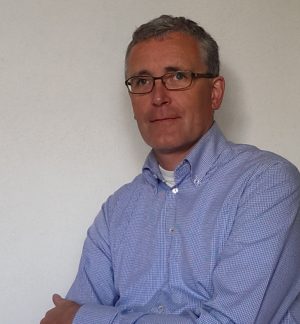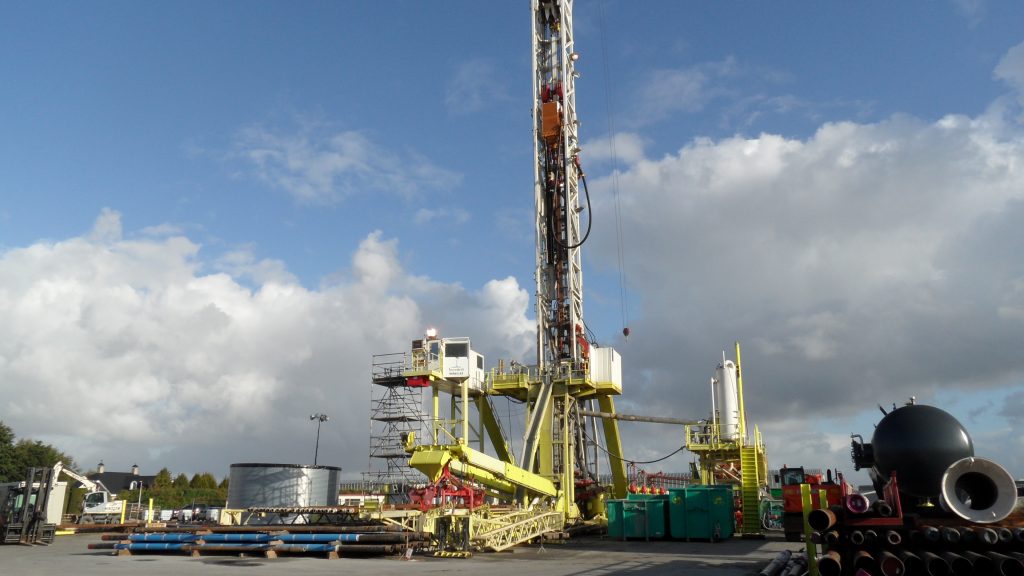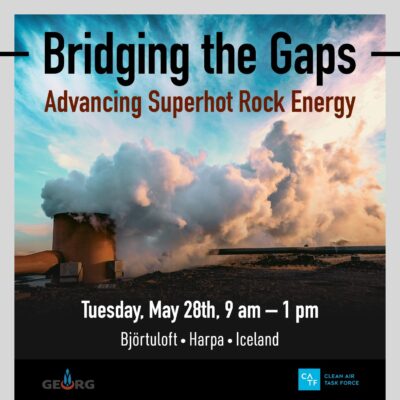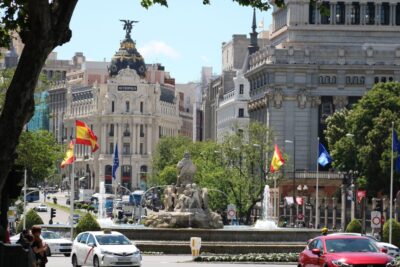Interview with Frank Schoof on geothermal development success in The Netherlands
In this interview with Frank Schoof, Chairman of Stichting Platform Geothermie, shares details on the reasons behind the success with geothermal development in the Netherlands, as well as opportunities and directions for the future.
Geothermal energy utilisation in The Netherlands has been experiencing a tremendous growth in recent years, mainly due to the development of policy instruments that tackled barriers such as geological uncertainty and the difficulty in ensuring adequate financing.
Hosting country of the upcoming European Geothermal Congress 2019 (The Hague, 11-14 June 2019), today, The Netherlands is one of the fastest growing European market, especially in the heating sector. There are 16 large heating plants in operation and about 50,000 individual geothermal heating systems.
In this interview, Frank Schoof, Chairman of Stichting Platform Geothermie, discusses the reasons behind this success and future directions and opportunities.

The Dutch geothermal market is very dynamic and has grown rapidly from zero. What would you say allowed this success story?
The geothermal sector in The Netherlands grew mainly thanks to the entrepreneurs in the greenhouse sector. Sub-surface data is publicly available, which is crucial to determine the subsurface risk and thereby the financing. The role of the government was also important, with the putting in place of a risk-guarantee fund and feed-in tariff for heat.
What is the specificity of the geothermal sector in the Netherlands and, in particular, what is the role of the greenhouse sector? Do you foresee a shift towards a greater role of more traditional district heating?
As I mentioned, the greenhouse sector was crucial to gain momentum and create confidence among investors, (local) government, and the general public. In the near future, we expect that EBN, the state-owned oil and gas company, will start investing in geothermal projects as a non-operating participant. Although greenhouses remain important customers, the attention is shifting more and more towards the built environment and, in the future, to low temperature industry. That is why the ‘Geothermal Masterplan’ that was released in May last year, developed by the geothermal sector in co-operation with EBN and the district heating sector, pointed out the importance of district heating networks for the energy transition.
What are the main challenges of the geothermal sector in the coming years? What is the potential for deployment?
The main challenge is to grow responsibly. Several plans urge the sector to grow. For that, we need to improve the business-case together with the district heating companies. Although gas is being phased out in the Netherlands as a heating-source, the price-level of (cheap) gas is the norm. The government is looking at ways to make gas less attractive, while at the same time stabilising the overall cost of living. For the geothermal operators we envisage a combination of costs going down and revenues going up. Only then, the economic potential in the decarbonisation of the building stock, estimated at 135 PJ or roughly 400 wells, can be used. That is substantial.
The Netherlands is, historically, an oil and gas country. Does geothermal represent an opportunity to retool a whole sector for a changing economy? Are there reconversion opportunities for workers in oil & gas?
The career opportunities in the geothermal sector are certainly substantial. To be honest, some major decisions on the reduction of gas in buildings must be taken first. That will enable the operators, and subsequently the suppliers and service companies, to further invest in people and projects. And the salaries will be lower than in many departments of the O&G sector.
About the European Geothermal Congress (EGC)
Organised every 3 years by EGEC, the European association representing the geothermal sector, EGC is the largest geothermal congress in Europe. Hosting a combination of events for all the geothermal sector, EGC is a unique opportunity for stakeholders from all parts of the sector, whether academic, industrial, financial, policy-making, or societal, to come together and to learn, finding new ways to progress. The 2019 edition of the congress – organized in cooperation with Stichting Platform Geothermie, BodemenergieNL, and the main event sponsor Energie Beheer Nederland B.V. (EBN) – will be held on 11-14th June 2019 at the World Forum, The Hague, in The Netherlands.
For information about congress programme, exhibition, and registration, visit www.europeangeothermalcongress.eu


















